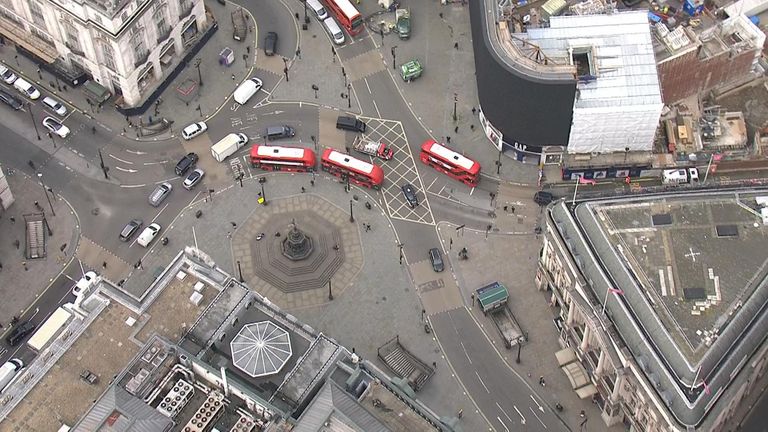I loved Eothen when I was, I bitterly regret to say, an idle undergraduate reading anything that was not on my syllabus. I am now rereading Alexander Kinglake's account of surviving the plague in Cairo, attended, if my memory serves me, by a man who had been Byron's servant.
I thought it was one of the books that one 'had to read', though anything but a chore, but like most of those books my life experience has taught me that nobody else has. Dr Johnson said, talking of Greek and Latin authors, that it is remarkable how little literature there is in the world. Nowadays that's true too of English classics.
Kinglake's nineteen days in Cairo must have been at the high point of the plague, when the death rate rose from 400 to 1,200 a day. He ignored the advice he was given that touching someone with the infection meant catching it. All the people he had anything to do with in the city, including his banker, his doctor and even his magician, died of the plague in those nineteen days. When he did develop a fever he was the very epitome of sang-froid, a French expression for an English thing. He hid the food he had no appetite to eat from his servants and, in the end, a cup of tea made him feel better.
I thought it was one of the books that one 'had to read', though anything but a chore, but like most of those books my life experience has taught me that nobody else has. Dr Johnson said, talking of Greek and Latin authors, that it is remarkable how little literature there is in the world. Nowadays that's true too of English classics.
Kinglake's nineteen days in Cairo must have been at the high point of the plague, when the death rate rose from 400 to 1,200 a day. He ignored the advice he was given that touching someone with the infection meant catching it. All the people he had anything to do with in the city, including his banker, his doctor and even his magician, died of the plague in those nineteen days. When he did develop a fever he was the very epitome of sang-froid, a French expression for an English thing. He hid the food he had no appetite to eat from his servants and, in the end, a cup of tea made him feel better.
"When first I arrived at Cairo the funerals that daily passed under my windows were many, but still there were frequent and long intervals without a single howl. Every day, however (except one, when I fancied that I observed a diminution of funerals), these intervals became less frequent and shorter, and at last, the passing of the howlers from morn till noon was almost incessant. I believe that about one-half of the whole people was carried off by this visitation. The Orientals, however, have more quiet fortitude than Europeans under afflictions of this sort, and they never allow the plague to interfere with their religious usages. I rode one day round the great burial-ground. The tombs are strewed over a great expanse, among the vast mountains of rubbish (the accumulations of many centuries) which surround the city. The ground, unlike the Turkish “cities of the dead,” which are made so beautiful by their dark cypresses, has nothing to sweeten melancholy, nothing to mitigate the odiousness of death. Carnivorous beasts and birds possess the place by night, and now in the fair morning it was all alive with fresh comers—alive with dead. Yet at this very time, when the plague was raging so furiously, and on this very ground, which resounded so mournfully with the howls of arriving funerals, preparations were going on for the religious festival called the Kourban Bairam. Tents were pitched, and swings hung for the amusement of children—a ghastly holiday; but the Mahometans take a pride, and a just pride, in following their ancient customs undisturbed by the shadow of death.


